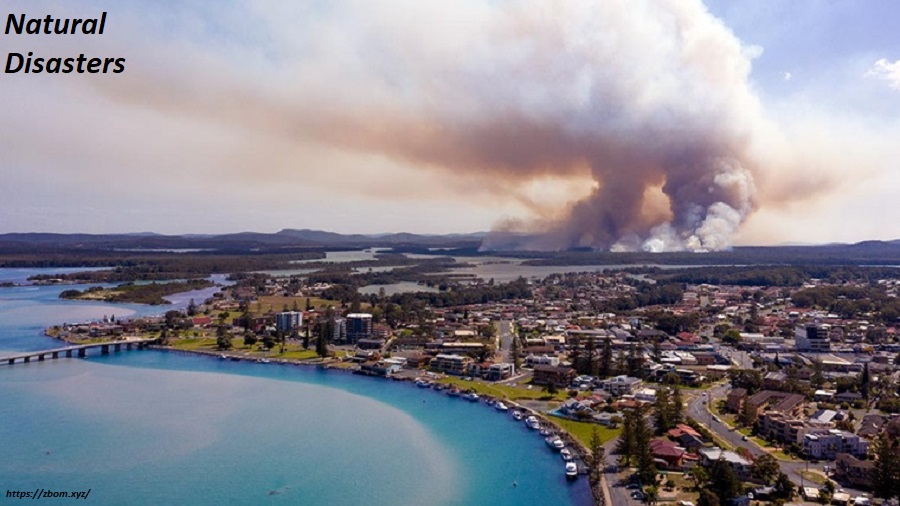
Travel Insurance
Table of Contents
Overview
Travel insurance is one of the pleasures that will provide you an unparalleled chance to discover and engage with other things, people, and civilizations while traveling. Even with meticulous planning, unforeseen events might still occur and cause your vacation to be disrupted. In this case, a travel safety net might be useful. Travel insurance offers financial security and peace of mind in the event of unforeseen circumstances, regardless of whether a person is traveling for work, pleasure, or adventure.
You can Also Read
Understanding knowledge

Purchasing travel insurance is essential for the following six main reasons:
1. Defense Against Trip Delays and Cancellations
Due to the unpredictability of life, unforeseen circumstances may sometimes arise and prevent you from taking the vacation you had initially intended. You may need to make last-minute changes to your vacation due to unforeseen sickness, a family emergency, or a job commitment. All of the money you’ve spent on non-refundable lodging, airfare, or excursions would be wasted if you didn’t have travel insurance.
By covering your pre-paid, non-refundable travel expenses in the event that you must postpone or cancel your trip, travel insurance shields you from these dangers. Serious sickness, injury, or death in the family are often covered. To further protect you financially in a situation when you would otherwise lose your whole investment, some insurance also covers travel disruptions brought on by natural disasters or airline strikes.
2. Emergencies in Global Health
Medical expenses that are not covered in your native country may not be covered by your standard health insurance when you go abroad. In some nations, the cost of medical treatment may be quite expensive, so if you become sick, hurt, or need emergency care while traveling, the expenses might be enormous. Your finances may be under a lot of strain as a result of this.
Emergency medical care, which includes any care or treatment associated with doctor visits, hospital stays, operations, and, in the worst situations, evacuation when the proper medical support is available, is also covered by travel insurance. Travel insurance may cover the cost of getting back to civilization and visiting the hospital if you are injured while hiking in the wilderness. Without insurance, these costs might be disastrous.
However, some travel insurance plans also provide emergency support around the clock, which might help you locate local medical professionals, decipher paperwork, or even get a translation in an emergency.
3. Baggage Lost or Delayed
Traveling and having to cope with delayed or misplaced luggage is the worst thing that can happen. It might still be quite difficult and upsetting if your baggage is totally lost or delayed for many days. One can be left without personal belongings and some necessary clothing if their baggage is completely misplaced. It would be tough to enjoy your vacation if your suitcase is delayed since you will be without your possessions for a long period.
Since travel insurance covers problems like delayed, stolen, or lost luggage, it could help ease these difficulties. In the event that your luggage is lost or takes more than a certain number of hours to arrive, replacements for necessities like clothing, toiletries, and other supplies are offered. The particular insurance may also cover the loss of items like jewelry, electronics, and even personal property.
4. Missed Connections & Delays in Travel
Unexpected traffic, aircraft problems, or poor weather may all cause delays in travel. If you have to rearrange your own travel after losing your hotel reservation, you could have to miss some of the trip. You will be liable for these expenses if you do not have insurance.
When it comes to addressing travel delays, travel insurance may be quite helpful. It could cover expenses for lodging, meals, and transportation, among other things. Certain plans also cover missing connections, so if you miss a connecting flight, you will be compensated for rearranging your vacation or purchasing a new ticket. This provides you much-needed assistance in case things do not go as planned, in addition to saving you money and time.
5. Natural Disasters

Hurricanes, earthquakes, and wildfires are examples of natural calamities that may “wreak havoc” on holiday plans by causing people to cancel flights, flee their hotels, or even demolish well-known tourist destinations. Even worse, severe weather events like floods, volcanic eruptions, or a lot of snow may cause cancellations, delays, or worse.
These situations are covered by travel insurance, which guarantees that you will get reimbursement for any paid, non-refundable costs in the event that a natural catastrophe or other weather-related event forces a tour operator to postpone or cancel your trip. Policies may cover additional travel expenses or itinerary modifications in the event of an emergency that prevents you from finishing your holiday. For travelers who are organizing trips that will take them to places where some of these events have had an impact on the local economy, this coverage option is essential.
For example, travel insurance would pay for the expense of rebooking flights and lodging if you were visiting a tropical area during hurricane season and a storm shuttered hotels and airports.
6. Stress and mental calm reduction
The most important aspect of travel insurance, apart from the financial advantages, is peace of mind. If you have insurance in case anything goes wrong, you may enjoy your holiday without worrying about the worst. The actual dread of encountering an emergency or having to make last-minute modifications to plans hasn’t gone away, and traveling isn’t always easy, especially when you’re going abroad.
Travel insurance may lessen the stress that comes with traveling, whether it’s the assurance that you will be paid for medical treatment in the event that you get sick while on the road or the safeguard against financial loss in the event that your trip is canceled. A 24-hour emergency hotline, offered by many insurance companies, gives you access to a committed staff member who can assist you with any issues that may come up while you’re driving.
In Conclusion
In today’s fast-paced, uncertain world, travel insurance has changed from being a luxury to a need. Travel may be domestic or international, for work or pleasure, and anything that our forefathers would have taken for granted might endanger us and turn a fantastic getaway into a nightmare. Travel insurance offers much-needed safety and peace of mind in protecting your investment by covering anything from medical emergencies to lost luggage to trip cancellations to protection against the wrath of nature.
Although it is rather expensive initially, the benefit is immeasurable. Any of the many situations that might result in monetary losses are covered by a travel insurance policy. Thanks to travel insurance, you may travel with assurance knowing that you are protected at all times. The purpose of travel should be to live in the now and not worry about problems in the future.
You can also watch another video
FAQ
1. How Much Travel Insurance Do I Need?
A variety of factors, like as your destination, the duration of your trip, and the activities you want to partake in, may determine how much travel insurance you may need. Travel cancellations, lost baggage, and emergency medical costs are often covered by basic coverage. Coverage should include medical evacuation while going overseas as well as adventure sports like climbing and skiing. Before selecting enough coverage for peace of mind while on vacation, it’s essential to consider both the cost of your trip and your personal risk tolerance.
2. When Should I Purchase Travel Insurance?
You should get travel insurance while making vacation plans. By planning beforehand, you may make sure that you are protected against travel disruptions or cancellations. A lot of rules allow you to “cancel for any reason” within a certain amount of time after the reservation. Additionally, making reservations in advance may protect you from unforeseen circumstances if you go during busy times of the year or to regions that often have issues. You may be at a disadvantage while traveling if you wait until the last minute.
3. Is travel insurance worth the cost?
It’s true that travel insurance may be well worth the cost, particularly for costly or foreign excursions. This might provide a useful buffer against small problems like delays, misplaced baggage, unexpected medical problems, or postponed travel. Price consideration lowers financial risk and provides comfort. For expensive reservations or adventurous plans, travelers with pre-existing medical issues may sometimes need insurance. However, it may not be required for flexible or inexpensive travel. Evaluate your risks and modify your decision as needed.
4. What Does Travel Insurance Typically Cover?
These non-refundable costs are often covered by travel insurance in the event that a trip is delayed, canceled, or interrupted. Emergency medical expenses, such as hospital stays or doctor visits while traveling, are also covered. Additional subjects discussed include emergency evacuation, travel accidents, delayed or misplaced bags, and more. Missed connections, damaged rental cars, and cancellations due to illness, inclement weather, or natural catastrophes are also covered by certain insurance plans. Always read the policy for specifics. You may choose to “cancel for any reason” or add adventure sports coverage.
- 7 Ways to Get Cheap Auto Insurance Right Away
- 6 Types of Life Insurance Policy Explained
- 7 Strategies to Lower Your Progressive Home Insurance Premiums
- 6 CreativeTypes of New York Life Insurance
- 10 Best Tips for Selecting Auto Insurance Agents in Kapa’a
- 6 Best Careers in the Pet Insurance Industry
- Wishbone Pet Insurance Offers 5 Best Advantages
- 8 Best Integon National Insurance Strategies
- 10 Interesting Rhodesian Ridgeback Puppy Facts







